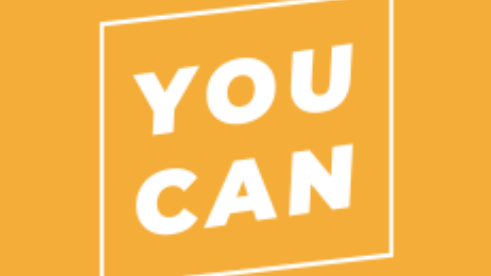
Cannabis and Your Baby
Using cannabis during your pregnancy, while nursing, or when taking care of infants and children can be dangerous and have harmful health effects on babies and children. Learn about how cannabis can affect babies and small children and the precautions you can take to keep your little ones safe.

Pregnancy and Cannabis
When a pregnant mom smokes, vapes or ingests cannabis, so does her baby. Cannabis passes through the placenta into a baby's bloodstream. When babies are exposed to cannabis during pregnancy, they can test positive for the drug after they are born. Early studies suggest that cannabis use during pregnancy can harm a growing baby. Cannabis use during pregnancy could:
- Cause a baby to be born before his or her body and brain are ready. This could mean serious health problems at birth and throughout life.
- Change how a baby's brain develops. These changes may cause lifelong behavior problems like trouble paying attention or following rules.
- Lower a child's IQ, cause problems with learning and memory, and make it harder for him or her to do well in school.
It's never too late in a pregnancy to quit using cannabis
Struggling with cannabis addiction? Call the Washington State Recovery Help Line: 866.789.1511

Breast/Chestfeeding and Cannabis
Breast or chestfeeding is a healthy and natural way to feed babies. Yet cannabis use while nursing can be dangerous. This applies to cannabis exposure in any form including from smoking, vaping or ingestion. The active ingredient in cannabis, tetrahydrocannabinol, or THC, can be stored in human milk for up to six weeks and can affect the baby. THC also builds up in the fat and blood of both mom and baby. Cannabis use during breastfeeding or chestfeeding is associated with these risks:
- Feeding problems, as THC can lower milk supply. It can also make a baby less willing to eat, which could lead to slow weight gain and growth.
- Some studies show that babies exposed to THC in human milk may have an increased risk for sudden unexpected infant death (SUID).
To give a baby the healthiest start in life, parents and caregivers should avoid using any amount of cannabis while breastfeeding or chestfeeding.
Moms or others who are struggling with cannabis misuse can call the Washington State Recovery Help Line: 866.789.1511.

Parenting or Caregiving and Cannabis
Looking after infants and children requires concentration and attention—and sometimes quick reactions. Using cannabis—including smoking, vaping or ingesting it—can affect a person's ability to safely care for a baby or other children. This is because cannabis use decreases a person's ability to concentrate, impairs judgement, and slows response time.
When it comes to parenting or caring for children, here are some other things about cannabis to keep in mind:
- Do not drive after using cannabis. Using cannabis before driving is unsafe for someone getting behind the wheel because it compromises judgment and affects other skills required for safe driving, like alertness, concentration, coordination and reaction time.
- Keep cannabis securely stored away from children and teens, such as in a locked cabinet or safe. Cannabis in bud form, edibles, concentrates, and in vaping devices is dangerous for children and can cause poisoning.
- Recreational cannabis use is unsafe and illegal for anyone under 21.
- Avoid using cannabis in any form when you are around children or teens.
- For some people, high doses of cannabis can cause psychosis or panic during intoxication, which could make it difficult to care for children or intervene in an emergency.
- Like tobacco, cannabis smoke irritates the throat and lungs. Additionally, research is still being conducted to determine if secondhand cannabis smoke is linked to cancer and lung disease.
Cannabis can be addictive. Need help quitting? Call the Washington State Recovery Help Line: 866.789.1511
Resources for Health Care Professionals
Weed to Know - Baby and You is a campaign providing facts around harms associated with cannabis use during pregnancy, breastfeeding or chestfeeding, and caregiving. Please consider using the following resources to share information derived from several peer-reviewed studies about cannabis use during pregnancy and breastfeeding with patients and clients.
Weed to Know – Baby and You was developed by Spokane Regional Health District in collaboration with Spokane County's Birth Outcomes Task Force, which includes participation by CHAS Health, Greater Spokane Substance Abuse Council, Providence Health Care, Rockwood Health Systems, Spokane County Medical Society, Washington State Department of Social and Health Services' Children's Administration, and Washington State University School of Nursing.
Weed to Know – Baby and You campaign materials were updated in April 2024 in collaboration with the Perinatal Collaborative of Spokane County.


